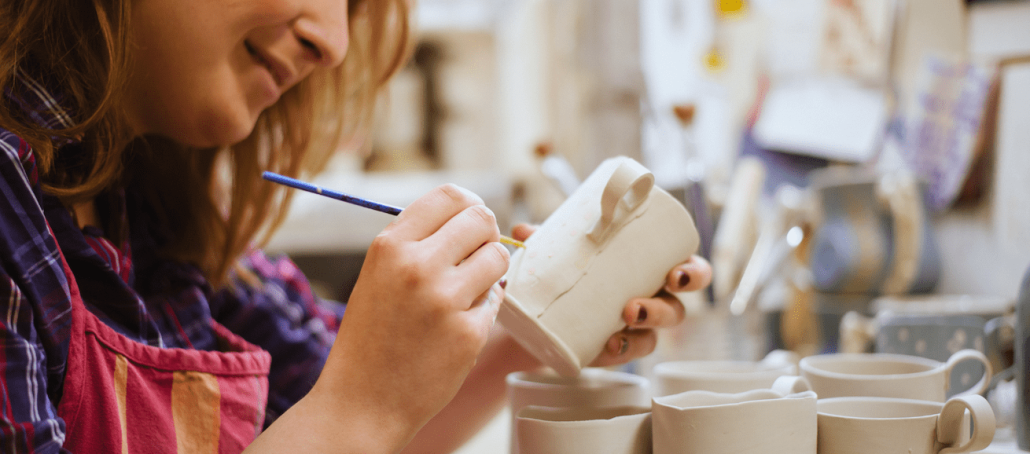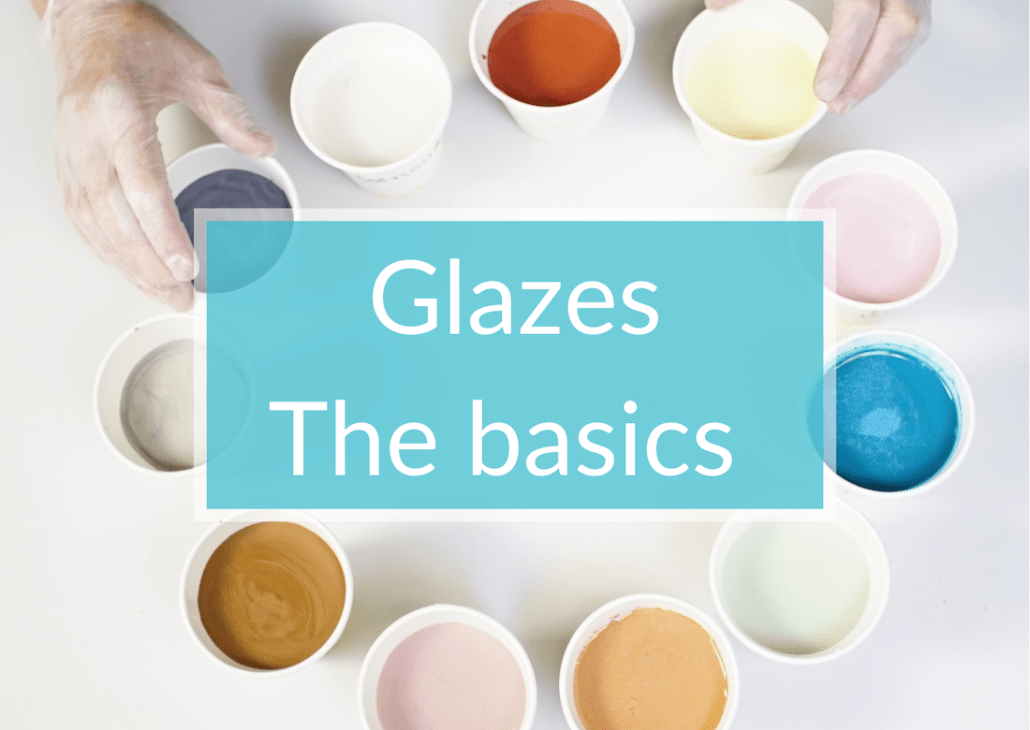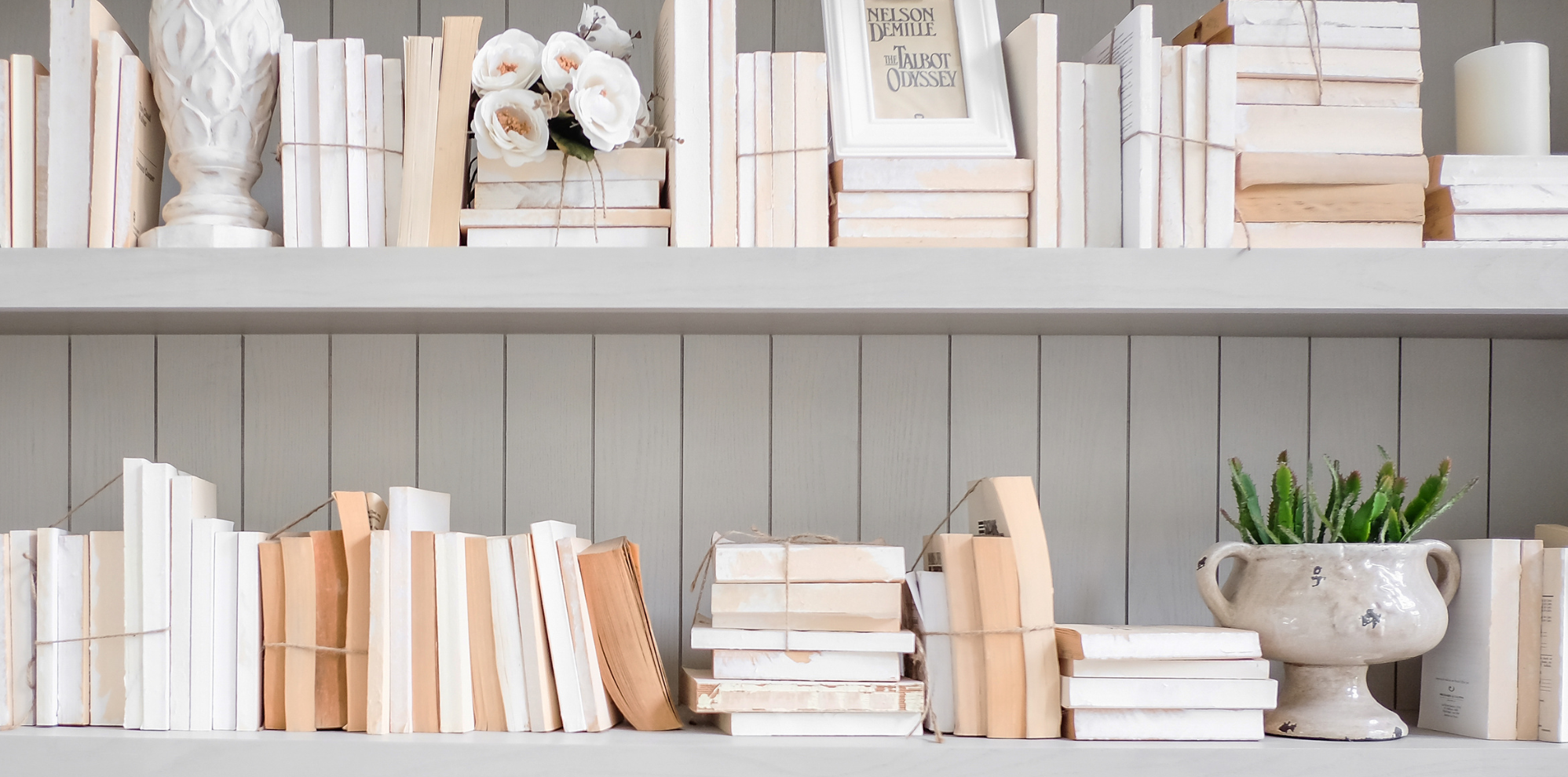Essential pottery tools for setting up your studio

When you look at ceramic suppliers’ catalogues, it’s easy to feel overwhelmed. Students at our ceramics school often ask us which pottery tools they should get to set up their workshop.
We thought that you, too, might be asking yourself these questions, so we have prepared 3 lists that should help you get a feel for the tools we think are essential. It all depends on your level of proficiency: a professional potter, an experienced ceramics amateur and a beginner will not need all the same tools.
Essential list: The tools that should be in every pottery studio
If you have a pottery wheel and some clay, you can start creating, especially if you are not a professional. At first, you don’t need to make a big investment; the fewer tools you have, the more you will develop your creativity and become proficient with minimal help.
Here’s a list of essential tools for your pottery workshop regardless of your proficiency level:
- A basic potter’s kit including 1 or 2 ribs (for example, wooden half-moon and soft metal ribs), 1 sponge, 1 cut-off wire, 1 or 2 trimming tools, 1 clay knife and 1 needle
- 1 potter’s wheel and 1 stool
- 1 bucket for water
- 1 bucket for the slip
- Boards and trestles or shelves to place the ceramic pieces on to dry
- 1 fettling knife or kitchen knife
- 1 scraper to remove pieces from the wheel
- 1 bin for recycling the clay
- 1 bucket to wash tools (and avoid clogging the sink)
- 1 rolling pin and thickness strips (to create slabs that are homogeneously thick)
Buying a kiln requires a substantial budget and space. To start with, you can take your work to a professional ceramist’s workshop near you to have it fired.
Intermediate list: The tools for an experienced amateur’s workshop
If you are an experienced potter, you will need tools to create more advanced pieces, sets and glazes.
As you progress, the list of tools becomes very personal, but here are some classics:
- 1 straight rigid stainless steel rib to scrape off the dry clay when finishing your creations
- 2 or 3 clay knives (of different shapes) for carving
- 1 rubber rib for buffing, smoothing, removing blisters, etc.
- 1 caliper to measure your pots’ dimensions
- 1 ruler for measuring
- Bats to avoid distorting your pieces when they come off the wheel if they have a wide base
- 1 banding wheel for sculpting or decorating your ceramic pieces
- Wood drills or drilling tools to make holes, for a teapot filter, for example
- 1 sponge on a stick to remove water from deep pieces with a tight neck
- 1 pair of dipping tongs to easily dip glaze your creations
- 1 precision scale if you create your own glazes (to the 10th or 100th of a gram)
- 1 scale with a capacity of 1 g to 5 kg for weighing clay and glaze
- 1 sieve (80 mesh) for sieving slip
- 1 measuring cup
- 1 kiln, minimum 60 L: keep in mind that a small kiln limits the size of your pieces
- 1 working table for modeling and beating your clay
- 1 bucket to glaze residues
The pro’s list: Setting up a professional potter’s workshop
If you want to set up a pottery studio and make a living from it, you will need to be efficient to produce enough pieces to sell. Some tasks will need to be automated or at least made easier to save time.
You will probably need:
- 1 throwing gauge post, providing a visual reference for making series of pieces of the same diameter and height, which saves time and allows for precision
- 1 system of settling tanks to recycle large quantities of clay and/or glaze, and above all to protect your pipes
- 1 compressor to remove dust from the parts
- 1 spray gun for glazing
- 1 spray booth
- 1 ball mill for fine and homogeneous glazes
- 1 slab roller to effortlessly create homogeneous clay slabs
- 1 pug mill to recycle the clay
- 1 agitator to mix glazes, work with soft clay, etc.
Of course, this is not an exhaustive list, and each ceramist will develop a taste for some techniques and not others. For example, precision scales, sieves and a ball mill are useful if you want to create your own glazes. On the other hand, if you love to combine techniques such as throwing and decorating, you will need to add tools for carving or stamping.
Everything you need to set up a ceramics workshop is available from specialist suppliers. Although the prices may at times be a little higher than at the mainstream e-commerce retailers, you are guaranteed more appropriate, quality tools and a wider selection.
We regularly publish tips and tricks from our teachers. To avoid missing any, subscribe to our newsletter!

Resource centre
animated by Matthieu Liévois,
potter-ceramist for over 40 years and founder of the Creamik School
Find all the courses
Keywords
Don’t miss any more news from the Créamik school!
















